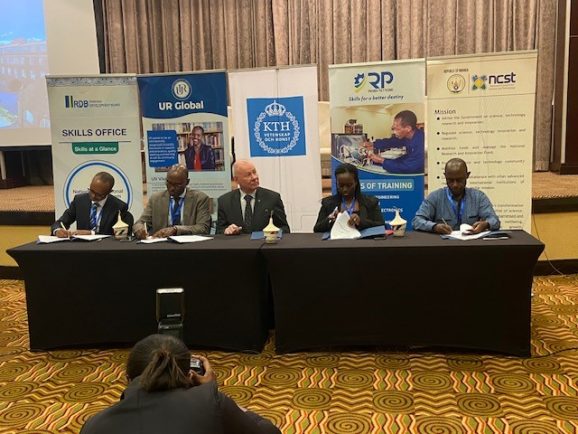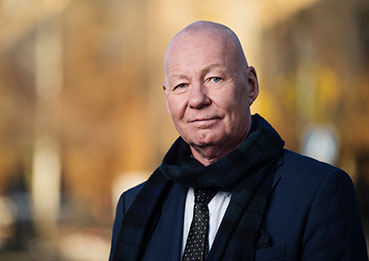This week, Sweden’s government decided on a new board of directors for KTH. Johan Sterte, County Governor of Västmanland, is proposed as the new Chair. He has previously been president of Karlstad University, Luleå University of Technology and (what was then) Växjö University. So he is a person with long and impressive experience from the higher education sector, and I look forward to working with him.
The appointment is for the period from 1 May 2023 to 30 September 2024, i.e. 17 months rather than three years as previously. Reducing the mandate period is an unusual move, which the government claims to be making for reasons of security policy – something that prompts questions as well as concern.
Under Sweden’s Higher Education Ordinance and Government Agencies Ordinance, the university board has several important jobs to do. The board is responsible to the government, must make sure that operations are conducted efficiently and in accordance with prevailing laws, is responsible for the overall direction and organisation of the university, and responsible too for ensuring that internal governance and control are in place and functioning properly.
This is a broad definition of the board’s responsibilities, and it includes all central operational issues at the level and the degree of detail it is possible to deal with within the framework of its remit. The board also governs, of course, by maintaining dialogue with the university management in different ways, and by monitoring and checking – via internal audit and internal control systems – that the university is taking its responsibility and being managed in an appropriate manner, and obviously in accordance with rules and laws.
When the board is appointed, it is preceded by a nomination process whereby special nominators draw up a proposal. The proposal is intended to help ensure a diversely composed board of directors, with collective expertise that can live up to the task of a board. The nominators are also given a mandate, and they prepare a balanced proposal which could, for instance, be a balance between people with a management background, with knowledge of the government and national governance, with central competences in important areas of research and education for the university, and so on.
It is perhaps less well known that the board members each have direct or more operational responsibility for a specific or more delimited area of the operation. So it is the collective expertise that matters, and the value can be found in the board’s discussions based on different perspectives and jointly in the boardroom, rather than having the board or individual members micromanaging fine details of specific operational issues.
Occasionally, of course, the government wants to reach out to the university for one reason or another, on some kind of specific operational issue. This is normally done via the spending authorisation, either for an individual university or for the entire higher education sector, in special government missions, in the government agency dialogue and, more rarely, in direct dispatches with questions or orders in connection with some kind of urgent occurrence in society.
There are many ways to govern agencies under the government, and it is up to the government to do so in as wise a manner as possible. To now reduce the boards’ mandate period with reference to there being a lack of some defined specialist expertise is unlikely to go down in history as one of these wise ways of governing universities and other institutes of higher education. But the government, of course, is in charge, and it is for us to continue to work loyally under these new conditions. I do, however, look forward to building more trust between state and university in the future.


